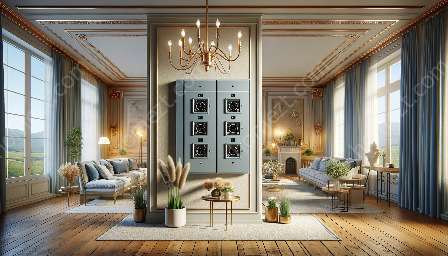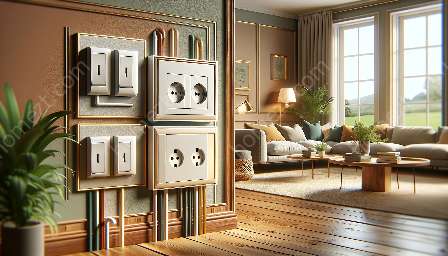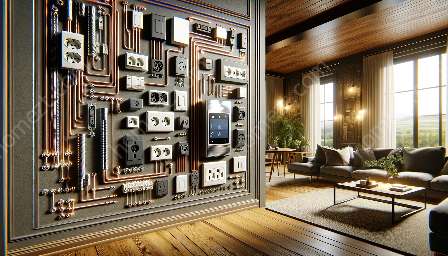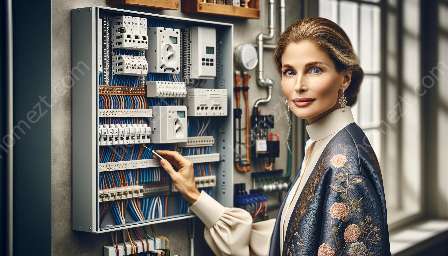Electrical switches play a vital role in both electrician services and domestic setups. From controlling lights to managing power supply, switches are essential components in electrical systems. This comprehensive guide will explore the different types of electrical switches, their uses, and their importance in the industry.
Types of Electrical Switches
There are several types of electrical switches, each serving a specific purpose in electrician and domestic services. These include:
- Single-Pole Switches: These are the most common type of switches used to control lighting from one location.
- Double-Pole Switches: These switches are used to control a single fixture or appliance from two locations.
- Three-Way Switches: Often used in pairs, three-way switches allow control of a light or appliance from two separate locations.
- Four-Way Switches: These switches are used in conjunction with two three-way switches to control lighting from three or more locations.
- Dimmer Switches: Dimmer switches are designed to adjust the brightness of lighting fixtures, offering flexibility and ambiance control.
- Toggle Switches: Commonly seen in residential and commercial settings, toggle switches have a lever that moves up and down to turn the light on and off.
- Push-Button Switches: These switches are operated by pressing a button, commonly used for doorbells and similar applications.
- Smart Switches: With the rise of home automation, smart switches can be controlled remotely through smart devices and offer advanced features such as scheduling and voice control.
Uses of Electrical Switches
Electrical switches serve a wide range of purposes in both electrician and domestic services. Some of the common uses include:
- Lighting Control: Switches are primarily used to control the on/off functionality and brightness of lighting fixtures.
- Appliance Control: Switches are used to turn appliances on and off, providing convenience and safety.
- Power Distribution: Switches play a crucial role in managing power distribution within a building or residential setup.
- Home Automation: With the advent of smart switches, home automation has become a prominent use case, allowing remote control and advanced scheduling.
- Safety and Security: Switches are integrated into safety and security systems, providing control over alarms, locks, and other protective devices.
Importance of Electrical Switches
The significance of electrical switches cannot be overstated. They are integral to the functioning of electrical systems and are essential for:
- Convenience: Switches provide convenience by allowing easy control of lighting and appliances at the touch of a button.
- Safety: Properly functioning switches enhance safety by facilitating reliable power control and preventing potential hazards.
- Energy Efficiency: Dimmer switches and smart switches contribute to energy conservation by allowing users to adjust lighting and monitor power usage.
- Customization: Switches offer customization options, allowing individuals to create the desired ambiance and tailor lighting to specific needs.
- Modernization: With the introduction of smart switches, traditional electrical systems can be modernized, offering advanced features and connectivity.
Understanding the different types, uses, and importance of electrical switches is essential for both electricians and individuals seeking domestic services. Whether it's a simple lighting control or a sophisticated home automation setup, switches are the cornerstone of modern electrical applications.




















































